
2004
As to truth, I haven't even tried to dissect its nature. All I know is that the surest way to make enemies is to always tell the truth. So, its nature probably is quite complex.
Jose Latour
Powerless is speech.
Still, it bests a tear
In attempts to reach,
Crossing the frontier.
Joseph Brodsky,
A Martial Law Carol
There are people who are as much a part of this book as the words in it. Expressing my gratitude isn't enough, but it's a start. Thank you to:
My agent, Steve Axelrod, who stayed calm, and my editor, Kate Miciak, who got excited.
Steve Fagan, Laura Lippman, D. P. Lyle MD, FDNY Lt. Simon Ressner, Betsy Harding, Royal Huber, Jamie Scott, and Lawton Tootle, for technical help and support.
Keith Snyder, Nancy Ennis, Carl Stein, Steven Blier, Hillary Brown, Monty Freeman, Max Rudin, Eve Rudin, James Russell, Amy Schatz, Nancy Richler, Vicki Trerise, Reed Coleman, Jonathan Santlofer, Paula Woods, Felix Liddell, Denise Bigo, John Douglas, Stuart Early, Jennifer Jaffee, Tina Meyerhoff, Larry Pontillo, Tom Savage, Jose Latour and his wonderful family, Jayne and Frank Krentz, Bob Hughes, and Joe Wallace, for aid and comfort.
Susanna Bergtold and Andrea Knutson, for being where they were, and being with me.
And especially, James Grady and Archer Mayor, for helping me find the floor.

Secrets No One Knew
July 4, 1976
Four boys, three girls, high and soaring, skin sizzling, tingling under the dizzying stars. Everything open and opening: the ragtop to the sky, the sky endlessly to the huge summer night. This night to their limitless lives.
Everything opening: In the black sky tight bright bursts eclipse the luminous moon, explode as fiery streaks, fountains of scarlet, rockets of silver, purple blooms and sprays of green. On the radio rising swells of tinny music; from the car shouts and applause.
Everything opening: the girls to the boys, not for the first time, but with a new, laughing heat. The boys to each other, grunts and shrugs and grins their fiercely sworn oaths, beer cans their glittering tokens of fealty.
Everything, everything opening: surprisingly, newly, the boys to the girls.
The boys? One is quiet, and one sure; one eager; and one flying, as always, too near the sun. The girls are royalty to these boys, have been since their memories began; and now, as the boys turn into men, the girls are knowing, wise, and real to them in ways they are not yet to themselves.
All would tell you.
And on this patriotic night, this celebration of association, when people all around them are reveling in the sheer staggering luck of being born into the community they would most want to be part of-what are they feeling, these boys and girls? Not fear, not on a night like this, when together they could conquer invading intergalactic armies, with grace and ease they could defeat rock-blind, howling swamp men burning with destruction. Not fear, but the hope of an anchor. The need for each other's weight in the whirlwind. You Are Here marked on a mental map. One of the boys leaving in the morning, everyone else to stay. All have been told by men and women, older and more tired, that the marked spot shrinks to nothing, that no ballast can hold, that the buoy above the anchor disappears in the bobbling waves.
Not one of the seven believes it.
It can be said that here the story begins, though it has been going on for some time. No story has a true beginning, and none has an ending, either.
From the New York Tribune, October 16, 2001
A HERO REMEMBERED:
CAPT. JAMES MCCAFFERY
by Harry Randall
Third in a Series of Profiles of the Lost Heroes of September 11
Note to readers: September 11 produced countless heroes. Many are still with us; others perished. Some final acts of bravery and sacrifice will never be known. The New York Tribune joins a grateful city in saluting all our unsung heroes.
There are others among the lost whose final deeds stand out in memory. In this series the Tribune profiles some of these heroes, as a testimony to their courage and to the character and pride of all New Yorkers.
First in, last out.
With these words, spoken by a surviving member of Ladder Co. 62, Capt. James McCaffery was eulogized before a crowd of 2,500 at a memorial service at St. Patrick's Cathedral on Monday, October 15. McCaffery, 46, one of the most decorated firefighters in the history of the New York City Fire Department and the focus of a memorial fund, was remembered by speakers including the Mayor, the Fire Commissioner, the Governor's Chief of Staff, and firefighters who had served with McCaffery or under his command. Firefighters from nearly every state in the union stood shoulder to shoulder in the cathedral aisles, ceding the pews to members of the FDNY and to McCaffery's family and friends.
Because of his long and distinguished career-and, paradoxically, his lifelong distaste for publicity-James McCaffery's story has captured the imagination, and the hearts, of New Yorkers. He has been cited as a example of the courage and character of the FDNY on the day of the worst terrorist attacks in American history.
Ladder 62, housed in a landmark firehouse on West 11th Street, was one of the first companies to respond to reports that a plane had hit the north tower of the World Trade Center, arriving at the scene minutes before the second plane struck. Multiple accounts from survivors credit McCaffery's organization of their evacuation with saving hundreds of lives. Repeatedly noted was McCaffery's calm, in-control demeanor and a sense he conveyed that the situation was in hand. More than one survivor spoke of McCaffery's smile. He didn't say anything, said Baz Woods, a law firm clerk. But he made me feel like things weren't so bad. Like someone was in charge.
That was definitely Jimmy, Thomas Molloy, a prominent Staten Island businessman, childhood friend of McCaffery's, and founder of the McCaffery Memorial Fund, told the Tribune. You always knew Jimmy could take care of things.
James McCaffery grew up in the Pleasant Hills neighborhood of Staten Island. He left over two decades ago but is still regarded as a local hero.
Oh, no question, said Father Dennis Connor, pastor of St. Ann's Church in Pleasant Hills. Through all these years, we'd read in the papers about him, some brave thing he'd done, and we'd all be thinking, that's our Jimmy.
James McCaffery always wanted to be a firefighter. He had a red plastic helmet someone gave him when he was three, said Mr. Molloy's ex-wife, Victoria. He wore it all the time. When it got too small, he still kept squashing it on. His father had to buy him another one.
McCaffery is remembered as a quiet boy who captained the varsity baseball team at Dwight D. Eisenhower High School. Jimmy never talked much, said Mike Pidhirny, retired head coach. I never remember him riding anyone. It all went into his game. Jimmy expected a lot from himself, and he made the other guys want to give as much as he did. We made the play-offs every season he played. We won two division titles.
McCaffery entered the FDNY Academy in 1976 at the age of 21. His first assignment was to Engine 168, in Pleasant Hills.
We watched him grow up, recalled Owen McCardle, a firefighter retired from Engine 168, who has been digging at Ground Zero since September 11. Used to come around all the time when he was a kid, try to help out, wash down the truck, stuff like that. Did well at the Academy. Could have got assigned anywhere, put in for here. Once he was in, we couldn't shake him. Go out on a run, come back and this probie, not even on duty but he's frying up bacon, ready to scramble eggs.
Next page

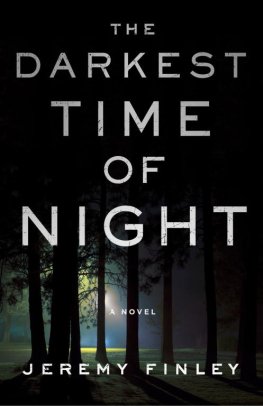


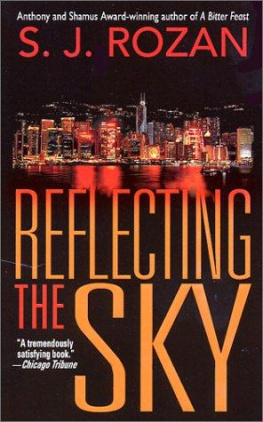
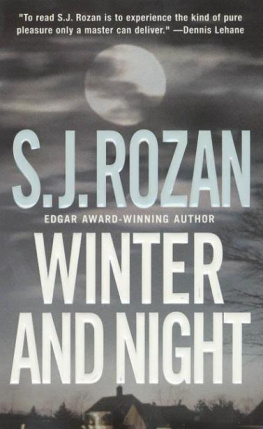
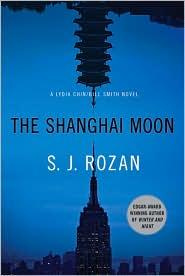
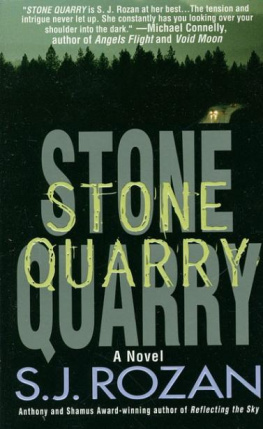
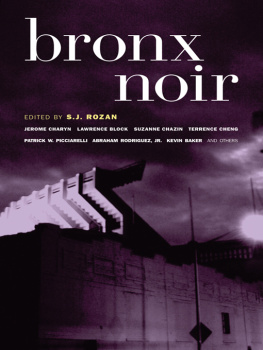

 Secrets No One Knew
Secrets No One Knew